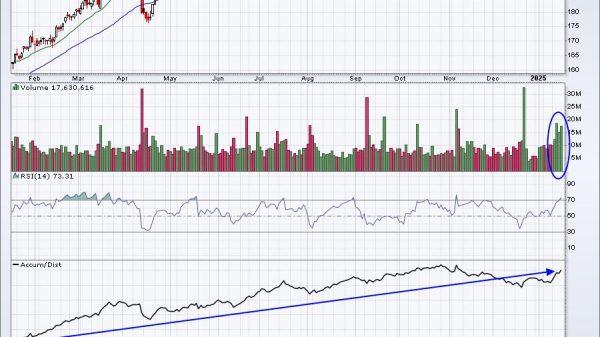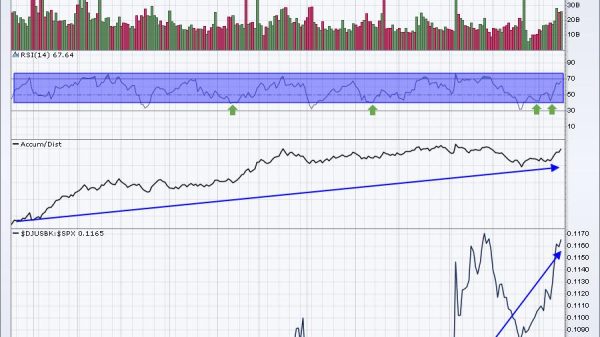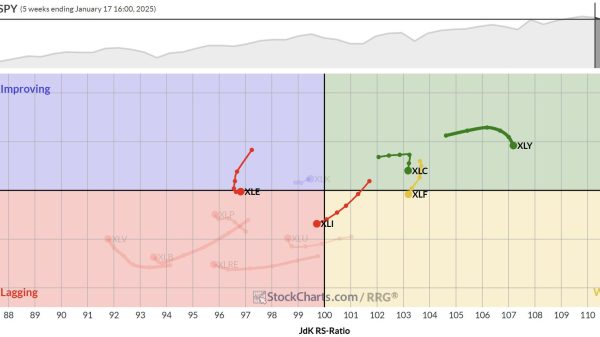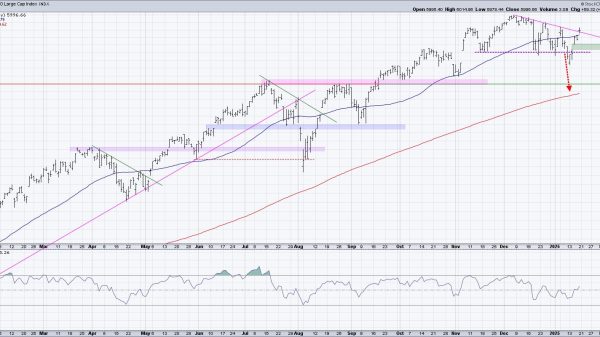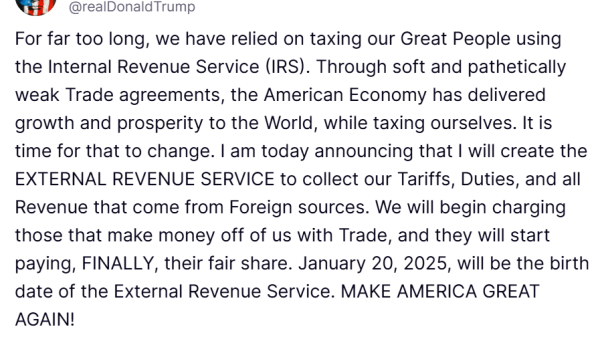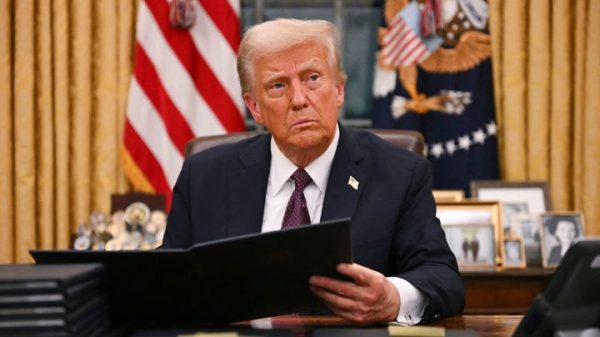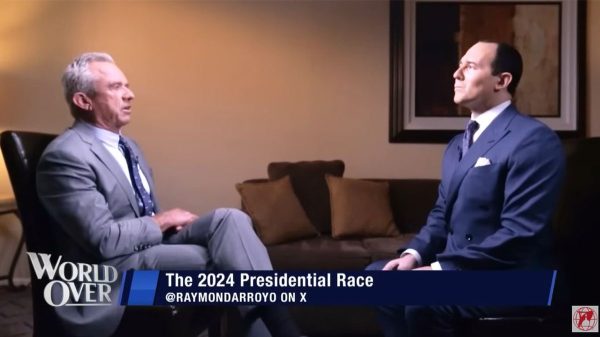Washington and Baghdad are working on a plan to draw down the U.S. troop presence in Iraq as soon as next year.
The U.S. and Iraq have reached an ‘understanding’ on plans to have hundreds of U.S. troops leave Iraq by September 2025 and the remainder leave by January 2027, according to a new Reuters report. However, no set-in-stone decision has been made, two defense officials told Fox News, and the timing is in flux.
While the U.S. pulled out the last of its troops from Afghanistan in 2021, some 2,500 troops still remain in Iraq, and 900 remain in Syria.
The remaining service members in Iraq are largely focused on combating ISIS under a global coalition, known as Operation Inherent Resolve. Last month, the U.S. carried out a joint raid, killing 15 ISIS fighters in Western Iraq.
When asked about the Reuters report on Monday, Pentagon press secretary Pat Ryder told reporters that U.S. and Iraqi officials ‘continue to have their discussions’ on drawing down troops, as they have been since the start of the year. He would not comment on the accuracy of the report.
‘As part of the U.S. Iraq Joint Security Cooperation dialog, we establish the Higher Military Commission, that will look at, the transition of the global coalition, into a long-term U.S. Iraq bilateral security cooperation relationship. And so those conversations are ongoing. And I just don’t want to get ahead of that process.’
The U.S. initially invaded Iraq in 2003, toppling Saddam Hussein’s regime and drawing down its troop presence from wartime levels in 2007 and leaving altogether in 2011, before returning in 2014 at the head of the coalition to fight the Islamic State.
Other nations, including Germany, France, Spain and Italy, also contribute hundreds of troops to the coalition. Under the reported plan, all coalition forces would leave the Ain al-Asad Air Base in the western Anbar province and significantly pull back their presence in Baghdad by September 2025.
While their mission is focused on the Islamic State, the U.S. troop presence serves as a strategic position against the growing threat of Iran. U.S. forces in Iraq have shot down rockets and drones fired towards Israel in recent months, according to U.S. officials.
Prime Minister Mohammed Shia’ al-Sudani has said he appreciates the U.S. help, but forces there have become a target for instability, often targeted and responding with strikes not coordinated with the Iraqi government. Al-Sudani is walking a tight line between an alliance with both Washington and Tehran.
Defense experts argue that U.S. resources in Iraq indirectly benefit Iran because of the Iraqi government’s close alignment with the regime.
‘Our continued presence, while necessary during the fight against ISIS, now risks contributing to instability rather than achieving long-term peace,’ Jason Beardsley, a former senior Defense official, told Fox News Digital.
‘Recent events have shown that Iraqi forces are increasingly capable of managing their own security,’ the Army and Navy veteran said.
‘With the current Iraqi government heavily influenced by Iranian-backed Shia factions, including the Popular Mobilization Front, maintaining U.S. troops doesn’t effectively counterbalance Iran. In fact, our resources end up indirectly benefiting those aligned with Iranian interests, making this a misguided strategy.’
‘The Iranians have done a fantastic job infiltrating the Iraqi Security Forces,’ said Bill Roggio, a senior fellow with the Foundation for Defense of Democracies. ‘But this ensures Iranian dominance in Iraq.’
‘They get free rein in Iraq to do their bidding. And as far as the fight against the Islamic State goes, this is going to be harmful as well. Islamic State has not been defeated, as much as the Trump and Biden administrations have said,’ he went on. ‘I also don’t see how the U.S. is going to maintain troops in Syria. Without the troops in Iraq, they’re going to be isolated.’
However, according to Roggio, ‘As currently situated, the U.S. either needs to put more troops in to secure themselves from militia attacks, or they need to be withdrawn.’

